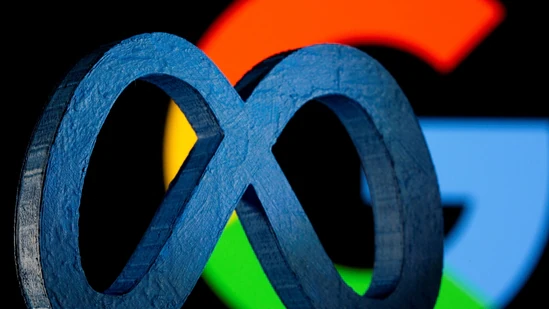23 september 2024 : Meta Platforms Inc. entered into a deal with Google in 2018 after determining internally that it could not effectively compete with the search giant due to its monopoly over online display advertising technology, a former Facebook advertising executive testified during a US Justice Department antitrust trial.
Brian Boland, who led Facebook’s advertising technology from 2009 to 2019, stated in a Virginia federal court that Facebook initially intended to directly challenge Google in the display ad market. The Facebook Audience Network aimed to allow advertisers to run ads on Facebook and Instagram, as well as on external websites and apps.
However, by 2017, Facebook realized it would face significant challenges in competing against Google, which Boland referred to as having a “monopoly” and benefiting from advantages in its advertising tools.
“Google sits between us and the impressions we want to buy,” Boland noted, referencing a July 2017 strategy memo about the Audience Network. Google’s tools allowed it to “cherry pick the best supply,” leading to concerns about the barrier it created between Facebook and advertisers.
Boland likened this dynamic to Google being able to select the best apples from a crate before anyone else had a chance to buy them. He oversaw negotiations that led to the 2018 agreement, informally dubbed Jedi Blue, which granted Facebook preferential treatment when bidding for ads through Google’s exchange.
The deal, involving both companies’ top executives, Mark Zuckerberg and Sundar Pichai, aimed to provide Facebook with advantages in accessing web or mobile app ads. Although the specifics of the agreement were not disclosed during the court testimony, documents indicated that Google sought a 15% fee from Facebook to eliminate its “last look” advantage in ad auctions.
State attorneys general initially claimed the agreement violated antitrust laws, alleging that it was made to prevent Facebook from pursuing a new technology called header bidding, which could threaten Google’s dominance. However, a judge dismissed these allegations, finding nothing suspicious about the companies’ rationale for the deal. Similarly, European regulators closed their investigation into the agreement in March 2022 without any action.
When the Justice Department filed its lawsuit against Google last year for monopolizing the advertising technology market, it did not label the Facebook-Google agreement as anticompetitive, instead emphasizing that even a major player like Meta could not compete effectively.
Boland, who left Facebook in 2020, expressed concerns about the slow growth of the Facebook network in online display advertising. Ultimately, the project ceased its efforts to purchase display ads on the web and shifted its focus entirely to mobile ads.

